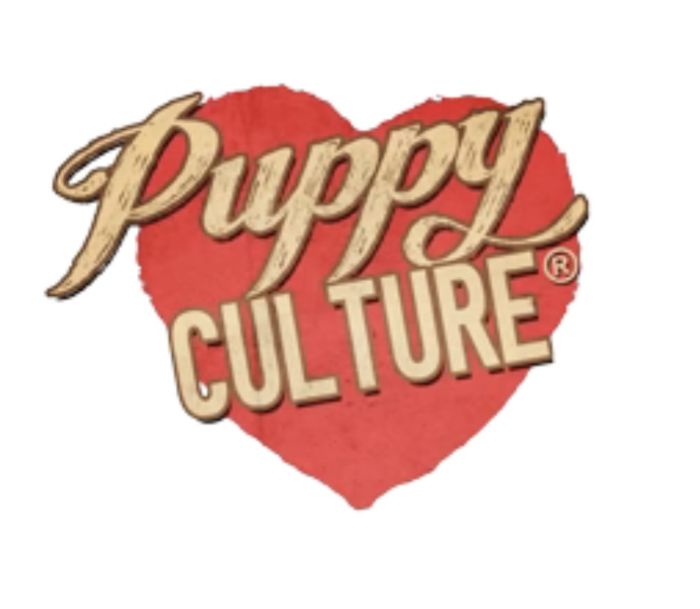Raising a healthy, happy & obedient dog
Raising Puppies Is Rewarding! Train Yourself First
1. The first thing I learned was from puppy preschool. Make your dog want to work for that treat. Make the reward worth it. Right now I am finding the clear dog fish training bites most effective. They're super smelly and the dogs really enjoy them. Also if your dog won't eat dental sticks or you aren't a fan of soft meaty bones, check out the clear dog dental options. Most of my cavaliers weren't taken by the fish dental sticks but they really like the beef spare ribs. We have also tried the kangaroo tendons - bulbs, and the next one on their list to try are the kangaroo dental mini bones. My best outcomes for dental health have been soft meaty bones and dried kelp daily. Many vets disagree with feeding dogs bones and I feel they're doing a disservice to our dogs. I have looked into many mouths of dogs. Toy breeds in particular require more effort. I do brush the dogs teeth. Your puppy has been taught to eat bones from a young age. Dogs that have not may need to learn. It is well worth it and you will save a lot at the vet. I can guarantee this.
2. According to puppy culture the first 12 weeks are the most important in a puppies development, training and socialising. This does not mean your puppy or older dog cannot learn after this time. On the contrary, I've had pups leave after 12 weeks who were never exposed to farm animals including chickens and yet pet owners achieve extraordinary results with their dogs despite their arrival after the 12 week age. It just may take longer to teach a new skill or wanted behaviour. Socialisation is not just taking your puppy out, exposing it to different people, sights and sounds. Socialisation involves appropriate social dog eduquit in different situations. It's a range of life skills.
The young pup has its mouth touched to get it use to having it examined by a vet amd its feet touched so that it is happy to have its nails trimmed. Some dogs are never particularly happy about it but they have learned to obey. Not all temperament faults should be blamed on the breeder. Somethings such as temperament are genetic. A shy less confident puppy may not like lying on its back. It takes time, and consistency to bring a shy puppy out of its shell, and they do. No one is above Mother Nature and whilst I always urge dog seekers to do their homework before committing to a puppy from a breeder, this needs to be done with realistic expectations too.
3. Cavaliers need their anal glands checked frequently. This can be done by you, and your vet can teach you. Some groomers will provide this service. Make sure you ask. I check glands monthly.
Due to their long ear lathers and fur which covers the ear canal the ears must be cleaned. There are products you can buy. Ears are done fortnightly. Some dogs ears get dirtier quicker.
Brush your dogs teeth. An annual clean is not enough. Dental sticks, raw soft bones and dehydrated bones from suppliers help. There are kibble dental formulas. Do not leave it. Dental care should be a daily routine in your dogs life.
4. Puppies aren't born with the skill to walk on a lead. The skills I learned at puppy preschool have stayed with me for life. Start as soon as you get your puppy. The sooner you start the easier it is to train then. Start slow and increase the distance. Don't expect to take your puppy for a walk prior to training. Long leashes are advisable once the dog can heal while walking on a lead.
5. Don't let young puppies over exercise. Exercise is by play only. Look into recommended guidelines for age appropriate exercise. Protect your pupoies develooing joints and bones. Trim under the paws so that your puppy/dog has good grip. Don't let your puppy go up and down stairs. Carry them. Make sure little people are sitting down when cuddling a puppy. Puppies often sense the difference between an adult and a child.
6. Be consistent
7. Don't give your puppy full run of the house. Toilet training can be easy. There are many ways to puppy proof your home. Take your puppy to the toilet upon waking, after eating and after an hour of play time. Be kind. Remember someone had to toilet train you too! If you come across something naughty your puppy has done, roll up a newspaper and hit yourself over the head with it for leaving your puppy unattended. Catch your puppy in the act, a firm ah ah or no and take them outside or remove the item from their mouth.
8. Crate training is a safe quiet place and bed (the dog den). Teach your puppy to feel comfortable in a puppy pen and confident to be left on their own for short periods of time at first (even if you're just in another room and your puppy remains in the pen). Increase that time as they get use to their new home. This is to prevent separation anxiety.
9. Cavaliers are companion animals. If you're away from home a lot this may not be the breed for you. Speak to a breeder. Consider getting two.
Click on the puppy culture icon to find out more

- Dogz Online - Pure Breed Dog Community
Promoting Pure Breed Dogs - Dog training
When Pigs Fly By Jane Killon - Pure Dog Talks
On puppy culture and why we do it - Clear dog
Fish bites training treats - Whelping Supplies
Finger teeth cleaner - Budget Pet Products
Toothpaste for dogs - Pet Circle
Epiotic cleaner
